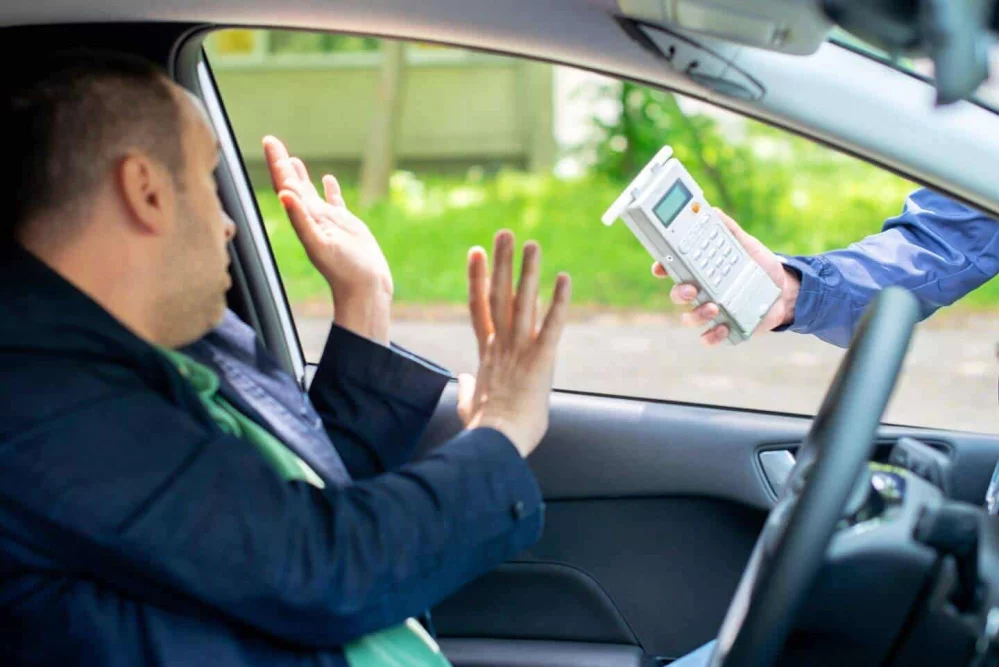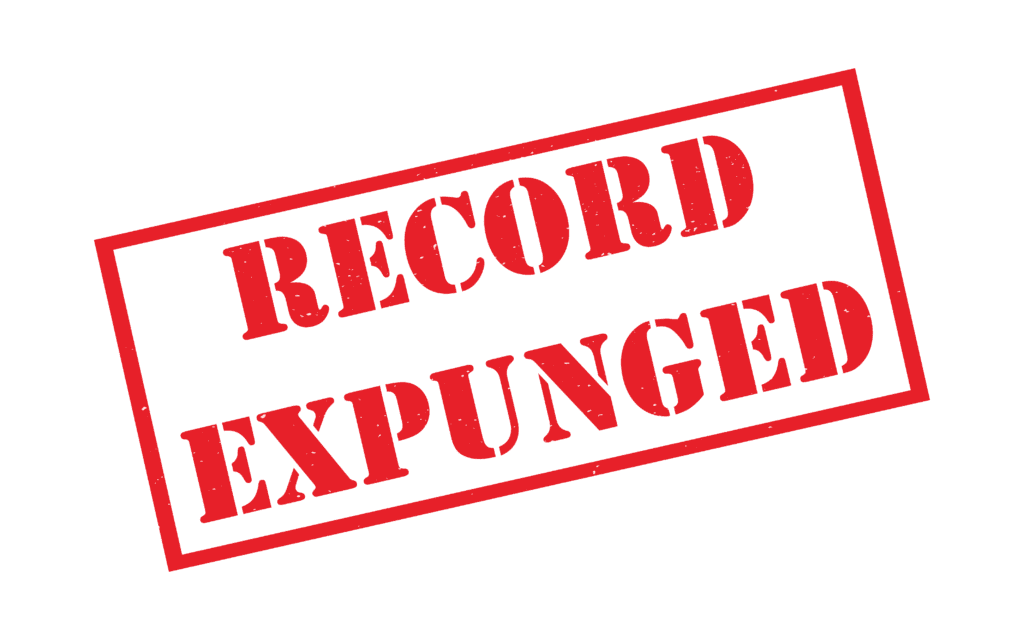If police recently stopped and charged you at a DUI checkpoint, you’re likely feeling confused, overwhelmed, and unsure of your next move. You’re not alone in this. Each year, thousands of drivers across the U.S. face arrest at these checkpoints, often without understanding their rights or what steps to follow next. Though the flashing lights and police questions may seem routine, the legal consequences are anything but.
This article breaks down what you must know if you’ve been charged at DUI checkpoints. We’ll clarify the legal basis behind these stops, outline your rights as a driver, and guide you through a practical, real-world plan to defend yourself. Whether you’re a first-time offender or have a prior record, learning how DUI checkpoints operate—and what to do afterward—can make a difference.
What Are DUI Checkpoints and How Do They Work?
DUI checkpoints, also called sobriety checkpoints, are designated locations where officers stop drivers to detect signs of impairment. Police usually set these up late at night, on weekends, or during holidays—when alcohol use tends to rise. While they may appear routine, legal standards back them, and those standards could determine the outcome of your case.
Legal Basis for DUI Checkpoints
Not every state permits DUI checkpoints. In states where they are legal, courts require law enforcement to follow specific protocols, such as:
- Using a neutral formula to stop vehicles (like every third car)
- Clearly marking the checkpoint with signs or lights
- Minimizing delays for drivers not suspected of impairment
- Following written, department-approved guidelines
When officers deviate from these rules, you may have grounds to challenge the charges. That’s where knowing your rights becomes essential.
Real-Life Story: The Unexpected Holiday Stop
Consider Ethan, a 24-year-old college student returning home after a Christmas party. He’d had a drink an hour earlier and didn’t feel impaired. Upon approaching a well-marked DUI checkpoint, he expected a quick check. Instead, after a short exchange and afield sobriety test, police arrested him. HisBAC read 0.081—just over the legal limit.
However, the officers hadn’t followed a proper rotation when stopping vehicles. Ethan’s lawyer exposed this procedural flaw and argued that the stop violated constitutional rights. As a result, the judge dismissed his case. That outcome only happened because Ethan acted quickly after his arrest.
Step 1: Stay Calm and Compliant During the Stop
When stopped at DUI checkpoints, staying calm and cooperative helps you protect your rights. While it’s important to assert yourself, avoiding panic, arguments, or evasive behavior can prevent escalation. Your behavior during these first few minutes can heavily influence how the rest of the encounter unfolds.
Here’s What to Do:
- Roll down your window and provide your license, registration, and insurance
- Keep your hands visible on the steering wheel
- Respond only to basic identification questions
- Politely refuse to answer questions like “How much have you had to drink?”
- Know that in many states, you can legally refuse field sobriety tests, though refusal might carry consequences
Understanding your rights and limitations ahead of time gives you more confidence to handle the interaction properly.
Remaining courteous and reserved minimizes the chance of further investigation. Being calm doesn’t mean confessing—it means avoiding missteps that could hurt your case. Often, silence and respectful behavior speak louder than rushed justifications or nervous chatter.
Step 2: Understand What You’re Being Charged With
After the stop, you might receive a citation or face arrest. It’s vital to understand the nature of your charges. In most places, a DUI results from driving with a BAC of 0.08% or higher. Yet, officers can still charge you based on observed impairment—even without a chemical test.
Common Charges Include:
- DUI (Driving Under the Influence)
- DWI (Driving While Intoxicated)
- Open container violations
- Driving with a suspended license
- Refusing chemical testing

Clearly identifying your charges allows your attorney to determine the strongest defense. Many cases have flaws or technical issues that can be leveraged in your favor.
Step 3: Hire a DUI Defense Attorney Immediately
If you’ve received aDUI charge at a checkpoint, don’t wait—contact a qualified DUI defense attorney right away. Not all lawyers possess the same experience. You need one who knows how DUI checkpoint laws work, including how to argue constitutional violations.
Qualities to Look For:
- Extensive DUI defense experience in your jurisdiction
- Familiarity with local law enforcement practices
- A proven record of reduced charges or dismissals
- Responsiveness and clear communication
Early action gives your lawyer the chance to review dashcam footage, evaluate breathalyzer data, and request officer logs. These details can dramatically improve your outcome.
Step 4: Challenge the Constitutionality of the Checkpoint
One of the strongest defenses against DUI checkpoint charges involves questioning the checkpoint’s legality. If police violated protocol, the court may rule that any resulting evidence is inadmissible. A flawed checkpoint setup can transform a strong case against you into a dismissed charge.
Legal Grounds to Challenge a Checkpoint Include:
- No visible signs or lights to identify the checkpoint
- Officers stopping cars at random without a set plan
- Lack of supervisory approval for the operation
- Excessive detainment time without cause
Your attorney can request checkpoint plans, officer logs, and departmental policies. If something doesn’t follow legal standards, that could be the key to getting your case dismissed. These internal documents often reveal inconsistencies that the average person would never notice without legal help.
Real-Life Example: A Technical Victory in Court
Maria got stopped at a Friday night checkpoint in Phoenix. She blew a 0.10 and faced DUI charges. But her attorney found that officers hadn’t documented which cars were being stopped or followed a written plan. That misstep rendered the checkpoint unconstitutional. The court dropped Maria’s charges before trial. Her case shows how even clear-cut evidence like a BAC over the limit can collapse under procedural errors.
Step 5: Prepare for Court and DMV Hearings
DUI cases come with two separate battles: criminal charges in court and administrative action from the DMV. Each one demands your attention. Failing to address either front can lead to harsher consequences or even losing your license by default.
In Criminal Court, You May Face:
- Monetary fines
- Jail or probation
- Court-mandated alcohol programs
- Ignition interlock installation
DMV Hearings:
States often require a separate DMV hearing to determine license suspension. These hearings typically have tight deadlines—sometimes as short as 10 to 15 days after arrest. Missing them could mean automatic suspension. This administrative penalty can impact your daily life long before your court case is resolved.
Hire an attorney who can manage both legal fronts so you don’t miss critical deadlines or opportunities for defense. Coordinated legal strategy across both arenas is essential for protecting your rights and minimizing long-term damage.
Step 6: Take Proactive Steps to Improve Your Case
Judges and prosecutors often look more favorably on individuals who demonstrate accountability early on. Taking initiative doesn’t mean admitting guilt—it shows you’re addressing the issue seriously.
Smart Actions to Consider:
- Enroll in alcohol education or rehab programs
- Attend AA meetings and maintain attendance records
- Begin voluntary community service
- Draft a letter of apology under your attorney’s guidance

Though these steps won’t erase the charge, they can positively influence plea negotiations or sentencing outcomes.
Step 7: Understand the Long-Term Consequences
A DUI charge from a checkpoint affects more than just your immediate future. Its impact can ripple through your personal, professional, and financial life for years. What seems like a one-time mistake can echo in unexpected ways across multiple areas of your life.
You May Face:
- Spikes in car insurance premiums
- Hurdles in securing professional licenses
- Challenges with employment or housing
- Immigration complications (for non-citizens)
- Custody issues in family law cases
Even a first-time conviction brings serious consequences. That’s why taking the right legal steps from the beginning matters. The sooner you act, the better your chances of mitigating these long-term effects.
Step 8: Explore the Possibility of Record Expungement
In some jurisdictions, you may qualify to have a DUI conviction expunged once you’ve met all sentencing conditions. This process can make your record inaccessible to employers and landlords, improving your future opportunities. Expungement can be a powerful tool in rebuilding your reputation and opening new doors.
Requirements Often Include:
- Successfully completing probation
- Paying fines and court costs
- Remaining arrest-free for a specific period
- Filing a formal petition for expungement
Ask your defense lawyer whether your state allows expungement and what steps apply to your situation. Sealing your record may be the final piece in moving past this chapter. By closing this legal chapter properly, you give yourself the freedom to move forward without the weight of your past holding you back.

Final Thoughts: Getting Charged at a DUI Checkpoint Isn’t the End
So, what should you do if police charge you at a DUI checkpoint? Start by knowing your rights, acting quickly, and securing experienced legal representation. Don’t assume all hope is lost. Often, the outcome depends on technical details that skilled attorneys can uncover and use strategically.
Everyone makes mistakes, but the law allows you to fight back—if you understand how to use your options. From challenging checkpoint legality to negotiating penalties, you have tools at your disposal.
What you do in the days after your arrest can shape your future. Make wise choices—and act without delay.


